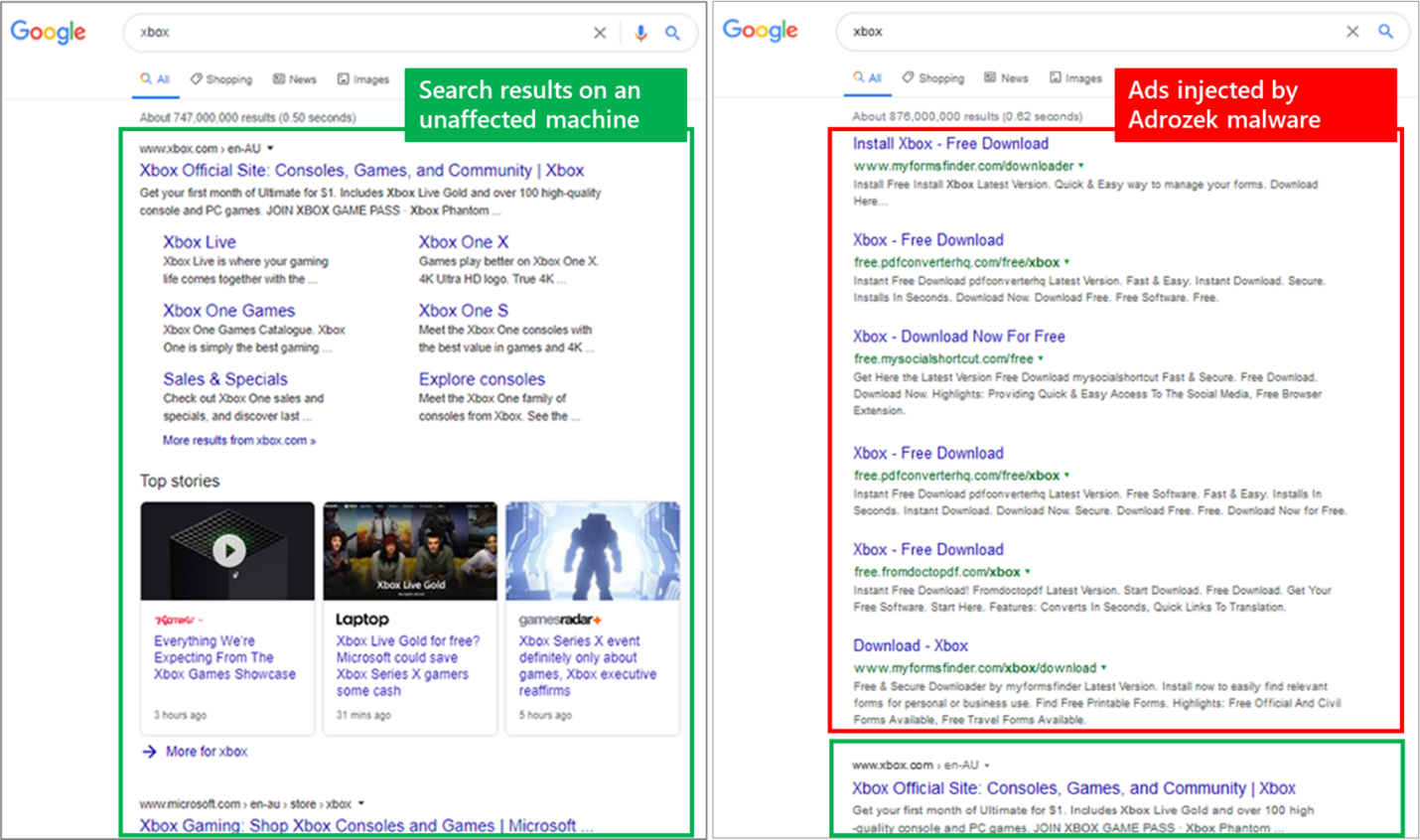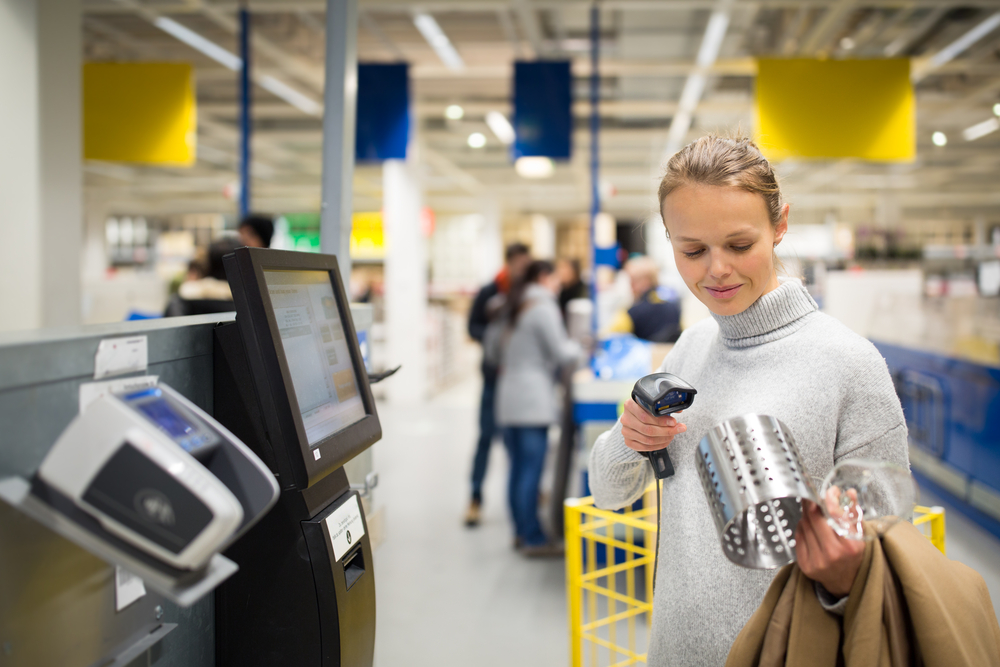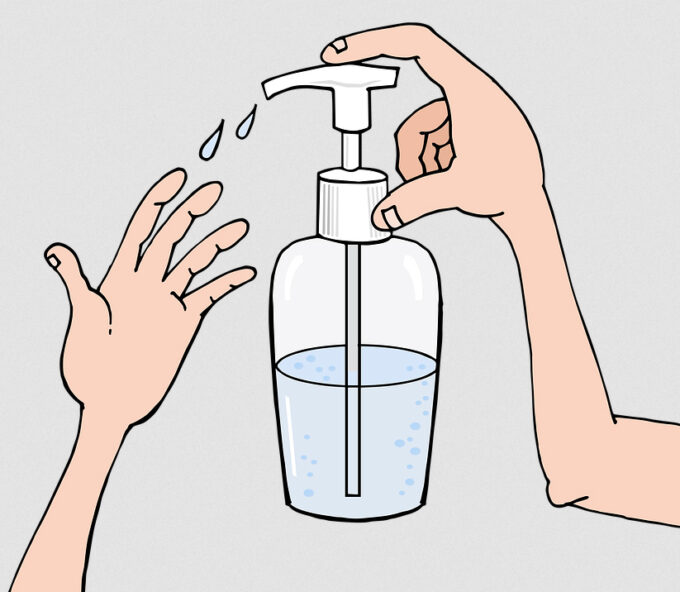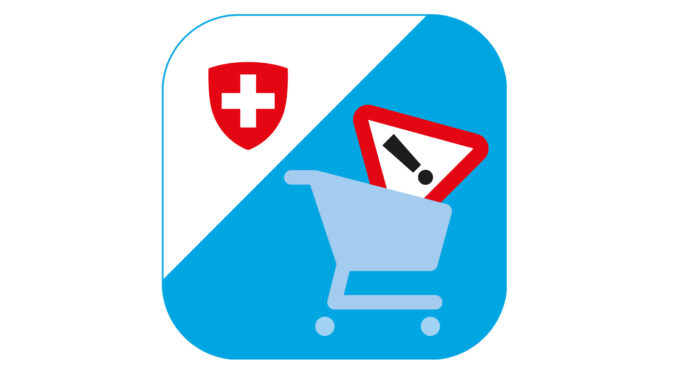
From 2021, a number of new traffic rules will apply on Swiss roads. To drive safely, it is worth familiarizing yourself with the most important new traffic rules.
Pass on the right
In traffic jams, gridlocked traffic or in the event of an accident, it is permitted to pass cars in the left lane on the right. Overtaking on the right and turning back in remains prohibited. The measure is intended to increase the capacity of busy routes and thus contribute to the liquefaction of traffic.
Rescue lanes
In order to facilitate the use of blue-light vehicles, in the future motorists must, in the event of gridlocked traffic or congestion, without being asked, give a Emergency lane in the middle of the lane. Under no circumstances may you swerve onto the emergency lane.
In tunnels, vehicles must keep as close as possible to the edge of the carriageway. On three-lane highways, users of the center lane should keep to the right and those of the left lane should keep to the left to allow emergency vehicles to pass.
In such cases, it is important to switch on the hazard warning lights early enough to prevent rear-end collisions or side collisions. TCS has been recommending this procedure for several years, as it speeds up the deployment of emergency vehicles.
In addition, the freeway is now subject to a Zipper obligation, when a lane is eliminated on the highway. Drivers should keep the vehicles on the road at all times. at the end of the departing lane. The new rule aims to prevent early lane changes and thus tailbacks.
Bicycles and motorcycles are allowed to turn right at red lights
Bicycles and motorcycles in urban traffic are now allowed to turn right at a red light if properly marked. This is not a general Permissionto turn right. But be careful: the situation is still new and unfamiliar for many. Bicycles and mopeds must always give way to other road users.
Bicyclists up to 12 years old are allowed to ride on the sidewalks
In the future, children up to 12 years of age will be allowed to ride on the right side of the sidewalk if there is no bicycle lane on their route. However, they must give way to pedestrians. The TCS has supported this measure in the interest of non-motorized traffic and the safety of children. However, the sidewalk should always at walking pace be driven on.
Lock for cyclists
In the future, the municipal authorities can mark locks for bicycles on the roadway in front of traffic signals, even if there is no bicycle lane, if local conditions permit. This allows cyclists to get in front of other road users and thus become more visible. The risk of accidents on the return journey is thus reduced.
New facilities in the speed 30 zones
In order to make non-motorized traffic safer, signals may be installed in the future in speed 30 zones. In the speed 20 and 30 km/h zones, cyclists can be given the right of way and this right of way can be marked on the ground. In these cases, the right of way that applies there will be cancelled.
New orientation markings can also be installed for pedestrian safety. For example, footprints indicating the safest crossing location. In this context, TCS reminds that in the absence of a pedestrian lane, pedestrians may cross the road anywhere in a 30 km/h zone, but they have no right of way.
Caravan trailers are allowed to drive up to 100 km/h
The maximum permitted speed on Swiss freeways for caravans with trailers or caravans (up to 3.5 tons) is increased from 80 to 100 km/h. The trailer load must not exceed the maximum weight indicated on the vehicle registration document of the towing vehicle. The trailer must also be equipped with tires approved for this speed.
Source: TCS


















